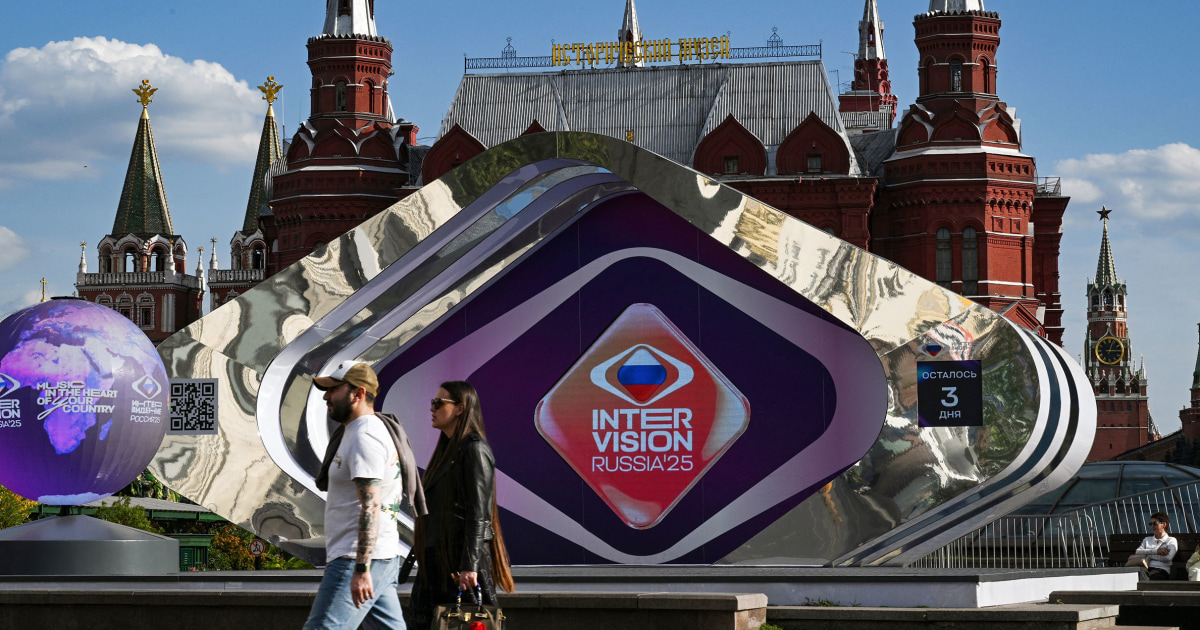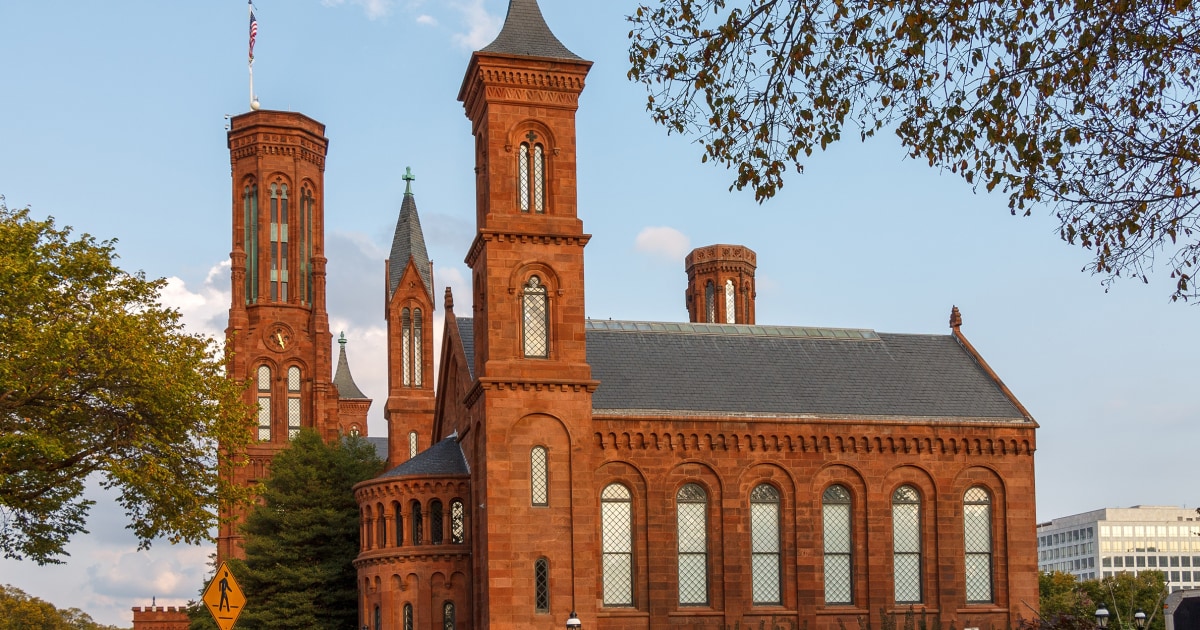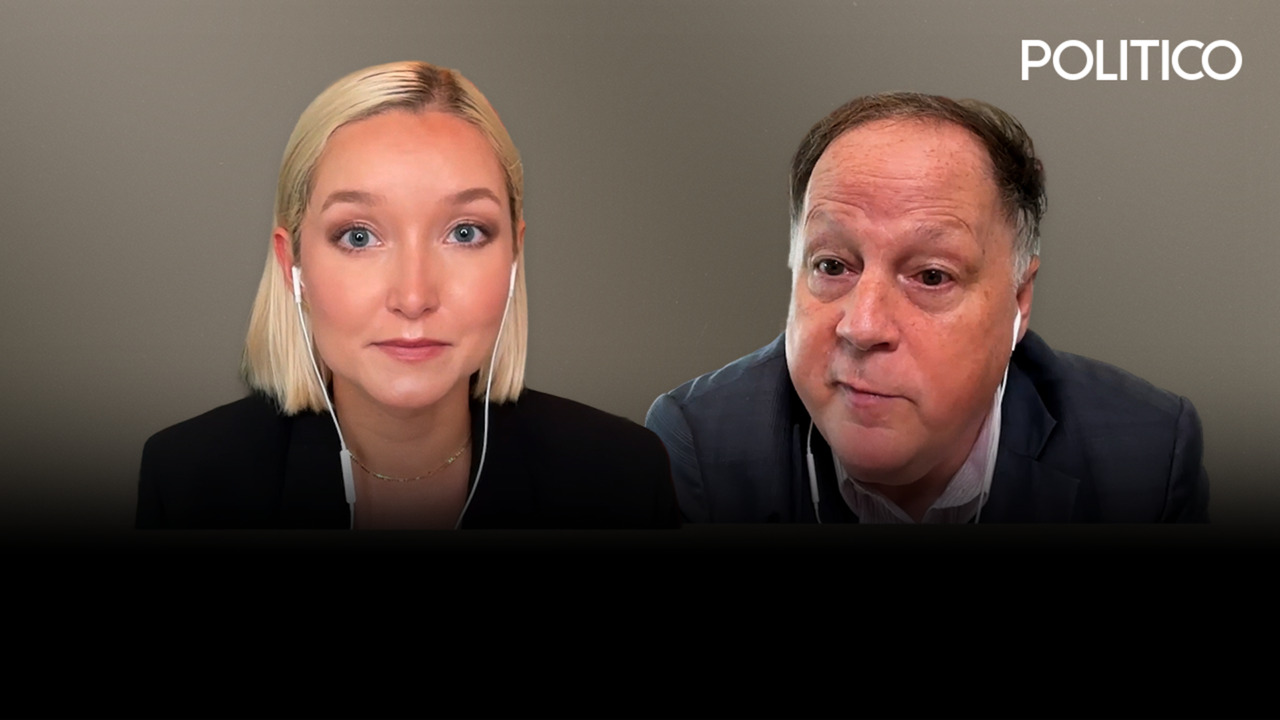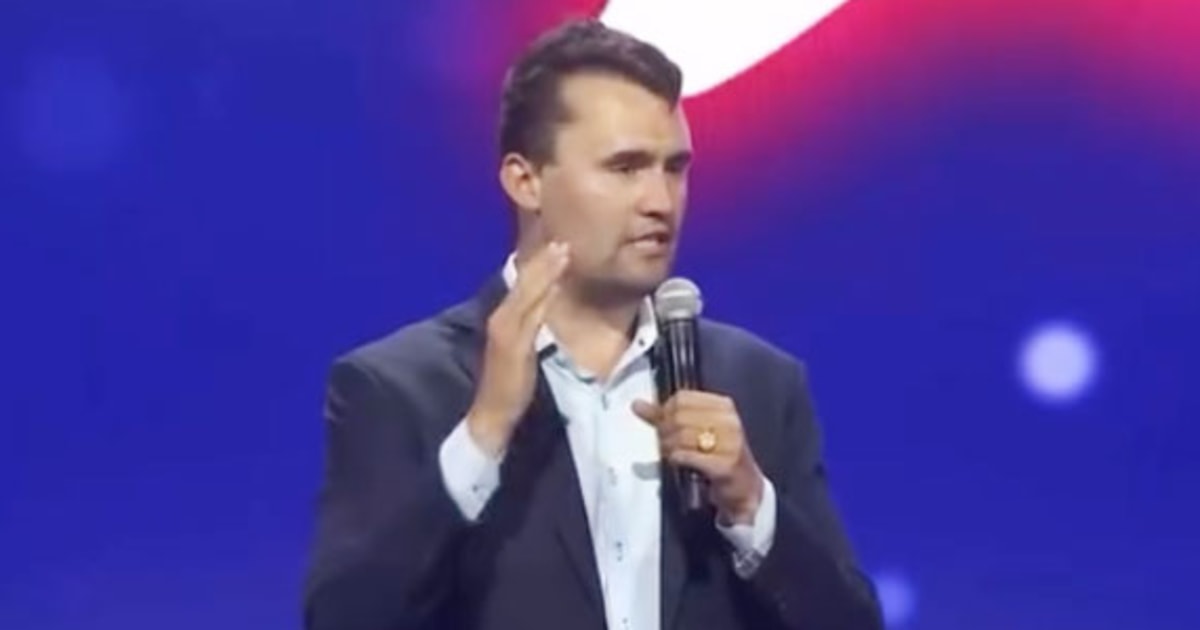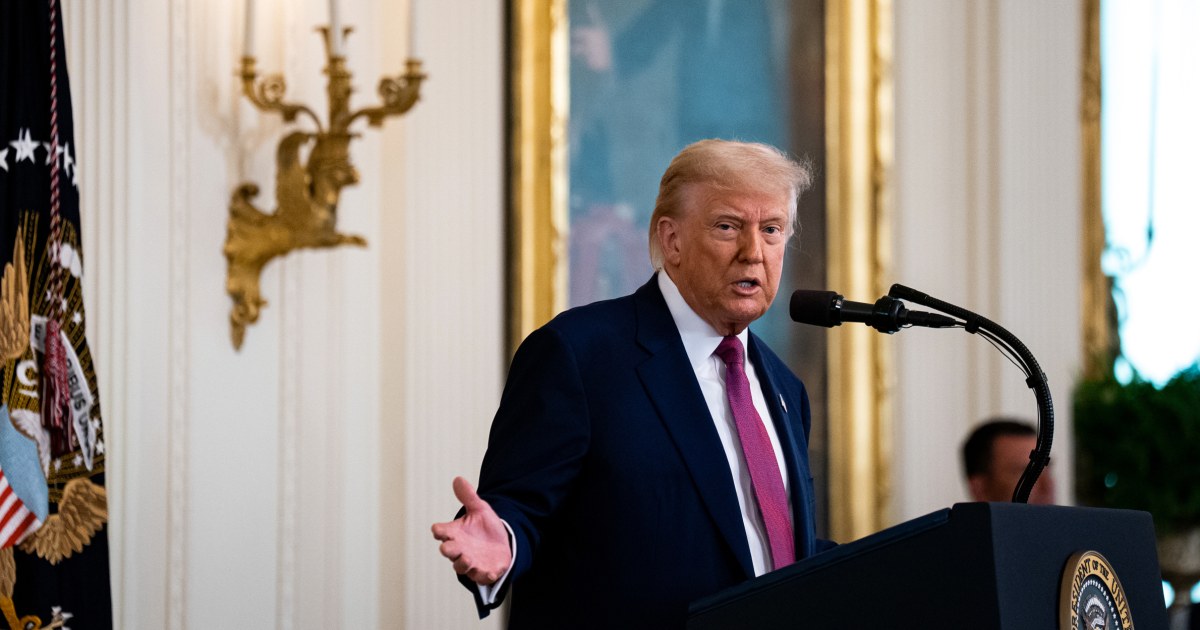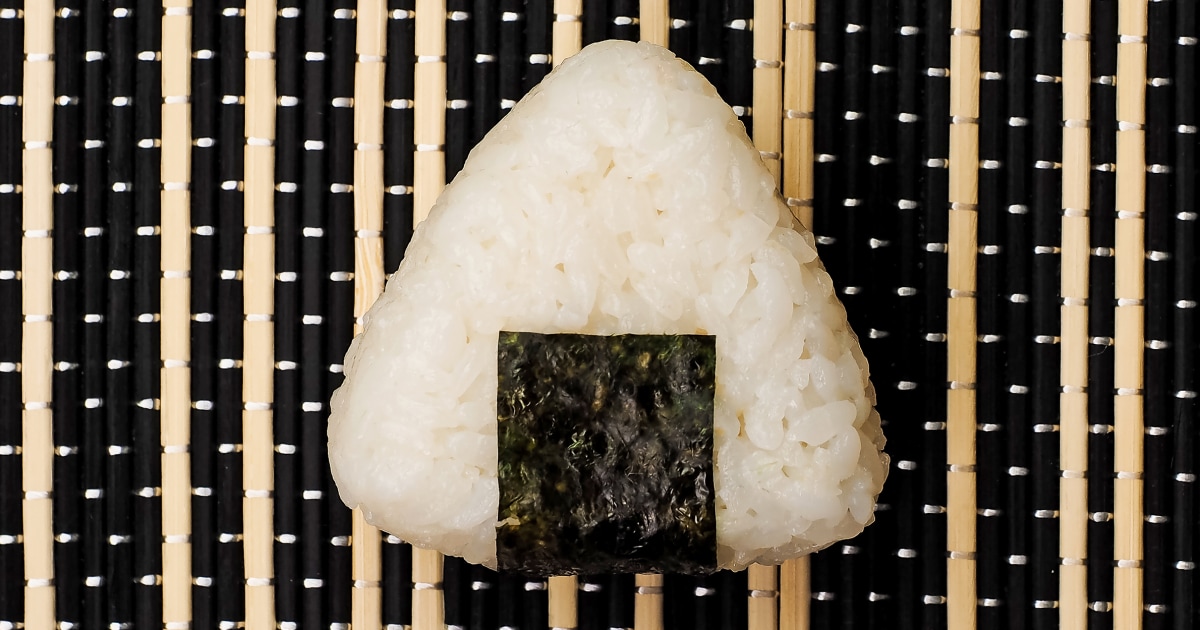Perhaps the Eurovision ban is starting to bite, because three years after Russia was booted from the beloved song contest following the country’s invasion of Ukraine, it is reviving a Soviet-era version of the camp competition.
The Intervision Song Contest will see 23 artists from around the world — including one representing the U.S. — offer a heady mix of musical styles, from moody Belarusian pop to Colombian folk and high-energy Vietnamese rap at an arena in the capital of Moscow on Saturday night.
Unlike the Eurovision Song Contest, which mainly includes European countries and a few others like Australia and Israel, Intervision bills itself as a truly global event by offering artists from countries around the world, including those in the Global South, a chance to compete for the top prize of 30 million rubles (roughly $360,000).
“Back in the Soviet times, the government would decide to promote a positive image of Russia abroad. We need to promote an objective image. We want to be known with all our merits and shortcomings,” Russia’s Foreign Minister Sergey Lavrov told a news conference this week in response to a presubmitted question from NBC News.
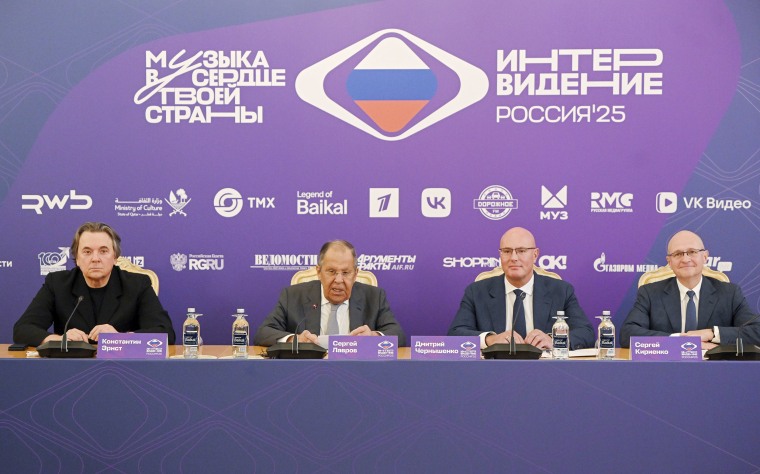
Asked whether Russia was using the competition as an exercise in soft power, he replied, “If by soft power you mean the opportunity to let people know about us, then of course we’re interested in this.”
A pop phenomenon drawing around 160 million viewers each May, Eurovision began at the height of the Cold War in 1956 as a technical experiment to try and broadcast a simultaneous program across the member stations of the European Broadcasting Union (EBU).
A divided continent had mirror organizations like the NATO defense alliance in Western Europe and the Warsaw Pact in Eastern Europe, and the EBU in the West matched by the International Radio and Television Organisation (OIRT) on the other side of the Iron Curtain.
In answer to Eurovision came Intervision, which was broadcast by the OIRT on several occasions between 1965 and 1980, with contests held in what was then Czechoslovakia and later in Poland.
But Dean Vuletic, who has written and edited books on Eurovision and led a research project on Intervision, says Russia is getting its history wrong with the relaunch, “presenting Intervision as something that was Russian- or Soviet-led, but it actually wasn’t.”
Instead, he said, the competitions “weren’t that focused on the Soviet participants,” although they had to be invited. Having studied the archives of Czech and Polish TV stations, he said it was “astonishing how critical they are of the Soviet participants.”
He added that it was actually created during a period of liberalization in an attempt “to promote East-West cooperation in popular music and television,” and Western performers like Gloria Gaynor were invited to perform in the intervals. Performers from Eastern Europe were also hoping to be signed by Western labels, he added.
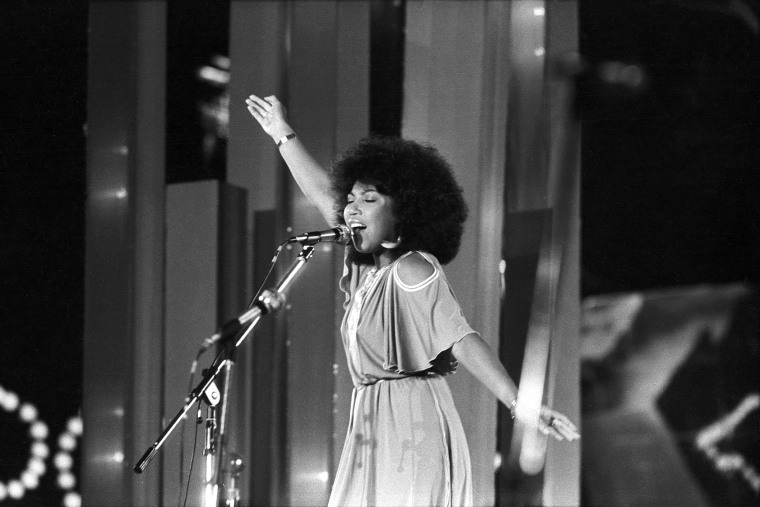
Before it was kicked out in 2022 after its full-scale invasion of Ukraine, Russia was frequently a top-10 finalist at Eurovision, which Vuletic called “a huge platform for cultural diplomacy for any country,” big or small.
The country’s leaders “saw it as a very prestigious cultural project and one which could reach a huge amount of people,” he added.
But Eurovision’s embrace of LGBTQ rights drew the ire of conservative Russian lawmakers and the country’s Orthodox Church, particularly after the 2014 victory of bearded drag queen Conchita Wurst.
Saturday’s Intervision contest is getting a full-court press promotion from organizers, who have drafted a series of celebrity “ambassadors” to get the word out. Among them are Dima Bilan, a Russian singer who won Eurovision in 2008, and Alexander Ovechkin, the Washington Capitals hockey star, who holds the record for most goals scored in NHL history.
The goal is to “promote universal, spiritual, family, cultural, ethical, and religious traditions of different nations,” according to the competition’s website, although that seems potentially at odds with the entrant representing the U.S., Vassy, who has a history of performing at Pride events and supporting LGBTQ rights.
Vassy, an Australian-born singer living in Los Angeles, has been a vocalist on dance tracks from David Guetta and Tiësto, while several of her own topped Billboard’s Dance Club Songs chart in the 2010s.
The 42-year-old, whose real name is Vasiliki Karagiorgos, was a last-minute addition to the contest after the previous selection pulled out due to “unforeseen family circumstances.”
Her outlook is markedly different from that of Russia’s entrant, Shaman, who mixes politics and pop and rose in popularity after he became a strident supporter of the war in Ukraine.
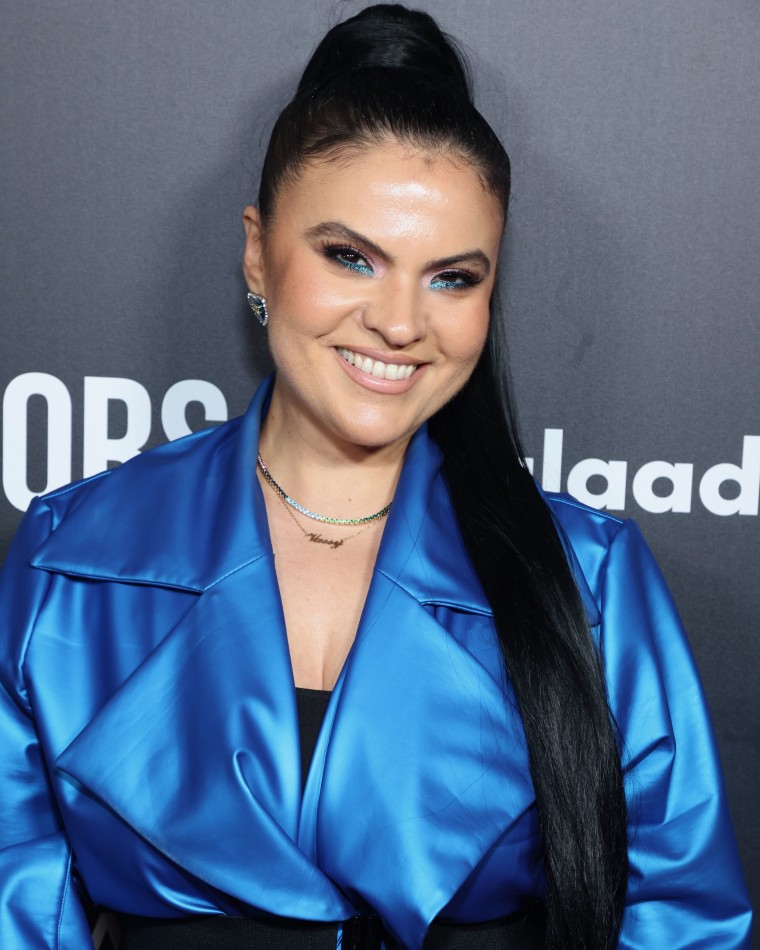
So vocal is his backing of the Kremlin that he has ended up on Australian and European Union sanction lists.
Russia will be hoping that Shaman’s popularity can bring a younger audience to the contest as well as his fans, many of whom are based outside major Russian metropolises like Moscow and St. Petersburg, according to Yulia Yurtaeva-Martens, a researcher at the Free University of Berlin who has written a book on Intervision.
With his fulsome embrace of Russian nationalism in his music and performances, Shaman is viewed by the government as “a new political symbol for new audiences,” according to Yurtaeva-Martens, adding that it was unlikely they would have chosen anyone else because he “was the best choice for the Russian government.”
Meanwhile, Kenya’s Sanaipei Tande is competing with her song “Flavour,” an Afropop tune that mixes English and Kiswahili.
In between rehearsals in Moscow, she said in a Zoom interview this week that she hadn’t heard of Intervision before this year and was only really familiar with Eurovision because 2011’s contest had featured Norwegian-Kenyan singer Stella Mwangi.
For artists who may have had success at home, performing at Intervision is a chance to step onto a larger stage, she said. In her case, this is both metaphorically and literally true because “the live arena is so huge.”
“I’ve never seen any stage in my country that’s this big,” she said, adding that coming to the Russian capital “to compete against other international artists — that, for me, has put me on a whole new level.”
The fact she had been selected and was representing Kenya was a victory in itself, she said.
“I mean, $300,000 wouldn’t be such a bad thing to add on to that,” she said with a laugh. “But just being here and being able to perform on this stage and experiencing things on a whole new level, that already is a win.”

